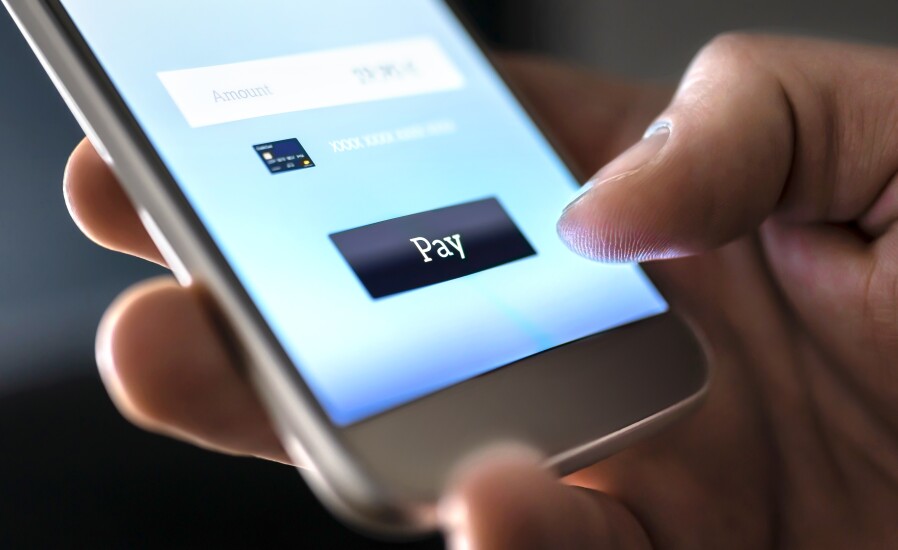U.S. merchants perennially
The latest concepts for merchant-funded rewards leverage new technology and digital payments via pay-by-bank channels, affiliate marketing and gift cards. At the same time, older bank-based models for card-linked offers are undergoing major change.
"The holy grail in consumer rewards is retaining attribution for the sale with the payment, and that's what merchants are relentlessly pushing toward," said Richard Crone, a principal with Crone Consulting LLC.
Here are five examples of merchant-funded rewards spotlighting new concepts plus the evolution of older card-linked offer engines popular among banks.










